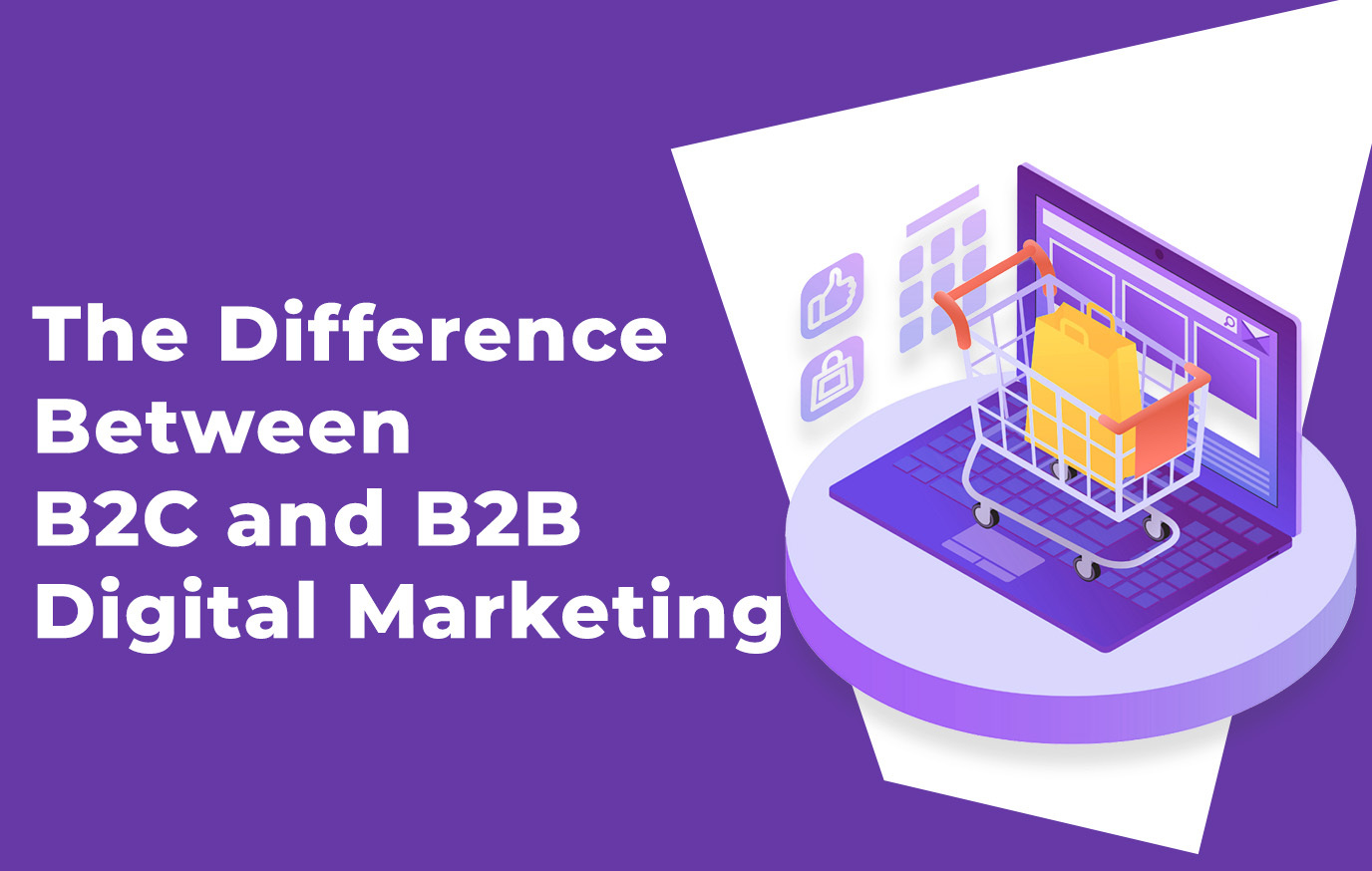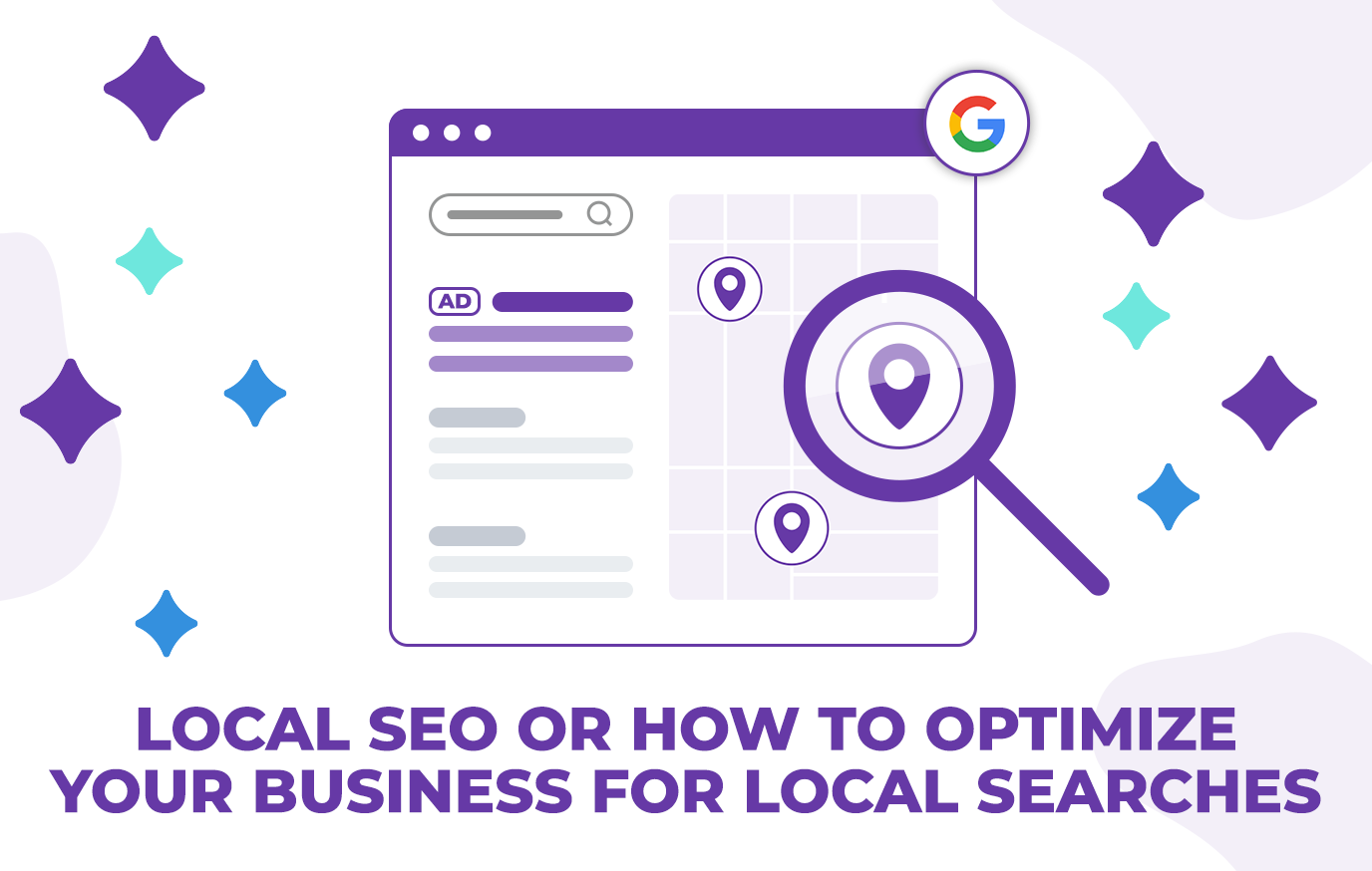
In the dynamic world of internet marketing, understanding the distinctions between Business-to-Business (B2B) and Business-to-Consumer (B2C) approaches is crucial. While both strategies aim to drive sales, they operate in distinct arenas with different tactics and goals. This article delves into the core differences, providing insights that can help marketers tailor their strategies effectively.
Stories of Success and Failure
B2B Success Story: Consider the case of a software company that developed a specialized accounting program for small businesses. Through targeted LinkedIn campaigns and industry networking events, they effectively communicated the unique benefits of their product, leading to a significant increase in b2b digital marketing engagements and long-term contracts.
Understanding the Target Audience
B2B: The B2B marketer, often supported by a digital marketing agency, deals with professional buyers or high-level executives whose purchasing decisions are driven by business needs, ROI, and long-term value.
B2C: In contrast, B2C marketing targets individual consumers, focusing on their personal needs, emotions, and instant gratification.
Sales and Engagement
B2B Sales Cycle: In B2B transactions, which typically involve a longer sales cycle, there’s an increasing reliance on online marketing services to build relationships, provide educational content, and engage multiple stakeholders.
B2C Interaction: B2C sales, on the other hand, are more straightforward, with an emphasis on creating an immediate connection with the consumer, often through emotional appeal and storytelling.
Key Differences
- Audience: B2B marketing involves businesses and organizations, while B2C focuses on individual consumers.
- Messaging: B2B messaging is information and ROI-focused, whereas B2C often leverages emotional and aspirational messaging.
- Sales Cycle: B2B has a longer sales cycle with multiple touchpoints; B2C typically sees quicker decision-making.
- Relationships: B2B relationships are long-term and based on partnership, while B2C prioritizes brand loyalty and repeat purchases.
Strategies and Tactics
Effective B2B Strategies: Successful B2B marketing, often in collaboration with a ppc agency, involves content marketing, relationship-based selling, and a focus on creating value through detailed product information and ROI analysis.
B2C Tactics: B2C marketers thrive on creating brand loyalty and emotional resonance through impactful storytelling, social media engagement, and influencer partnerships.
Conclusion
By recognizing these differences and employing a b2b digital marketing agency for more targeted approaches, marketers can more effectively align their strategies with their target audience’s needs. This leads to better outcomes and greater success in their campaigns, whether in B2B or B2C contexts.









